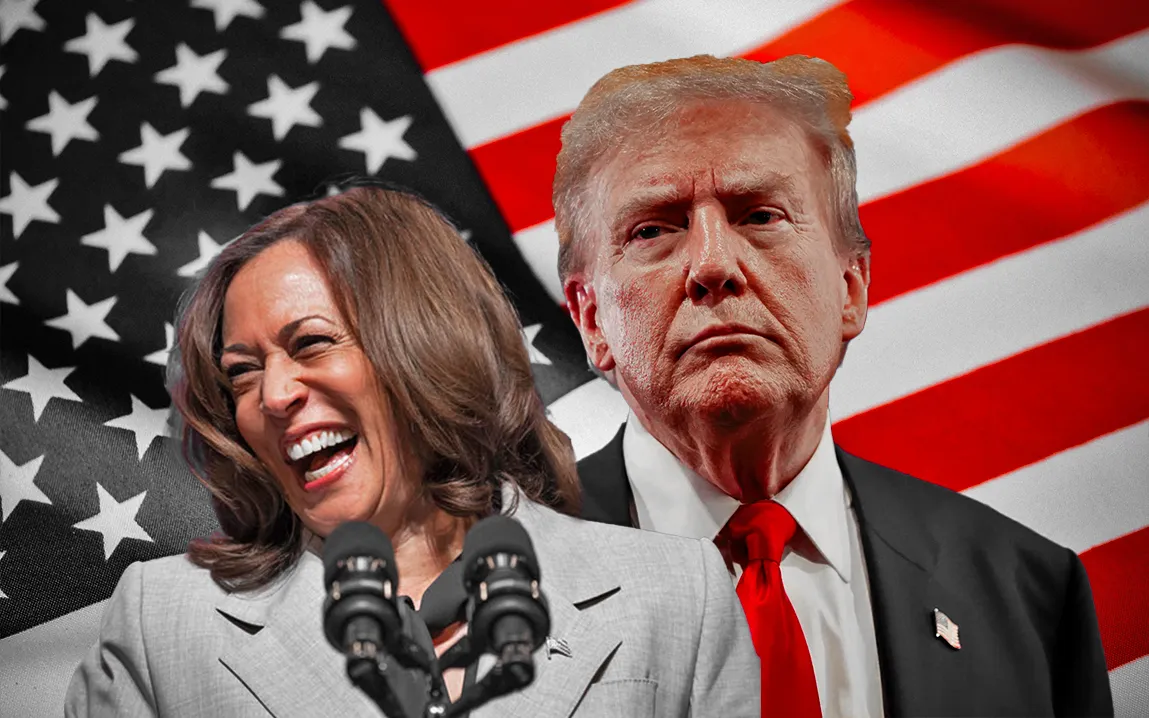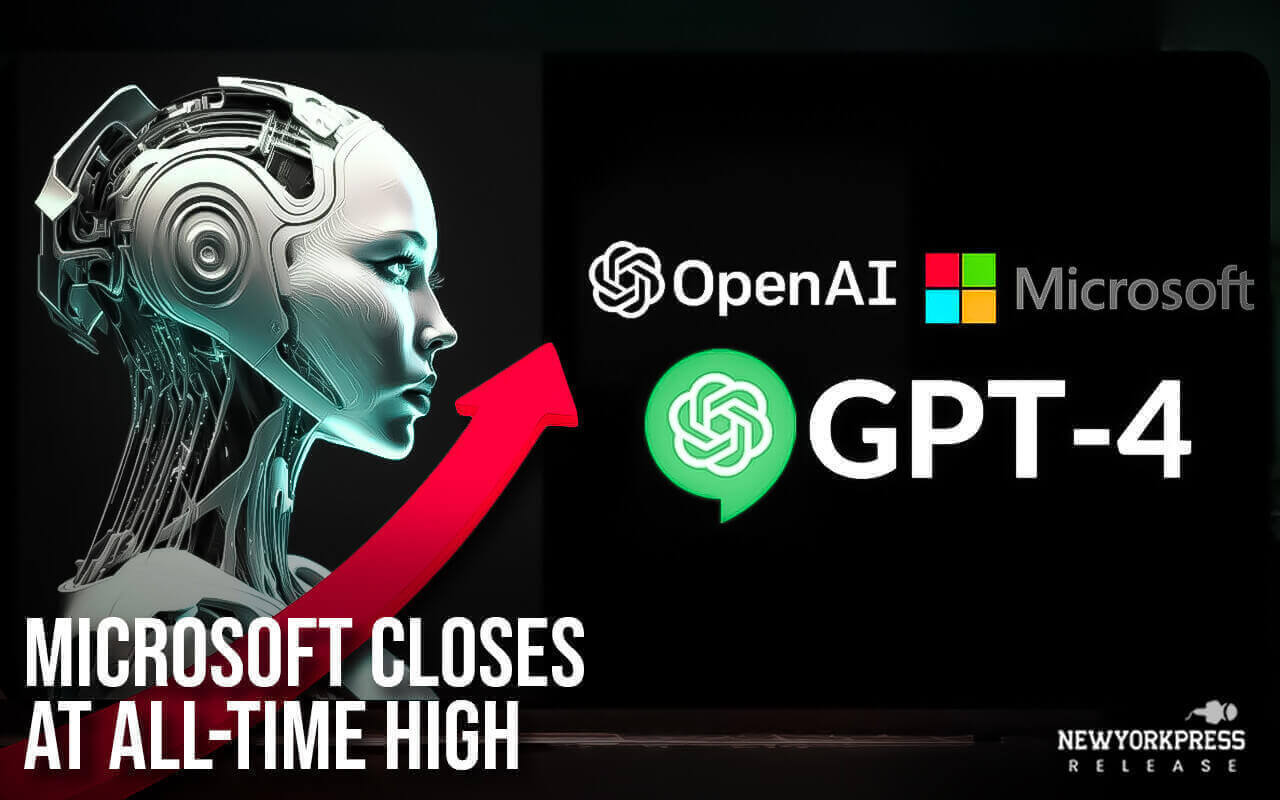The surprise move has now seen President Joe Biden face a wave of criticism from within his party after he recently decided to pardon his son, Hunter Biden. It has raised questions over openness and political integrity following prior claims that this was not in the cards.
For months, Biden and White House officials said a pardon for Hunter was off the table. Press Secretary Karine Jean-Pierre repeated just weeks ago that one was not under consideration. But after a Thanksgiving weekend spent with his family in Nantucket, Biden issued a “full and unconditional” pardon for his son on Sunday evening.
People familiar with the administration said Hunter Biden’s legal team had been preparing for this result for some time, and former senior officials described the pardon as “extremely obvious.” But the president and the people around him had minimized the possibility so many times that most political insiders did not take it seriously.
Hunter Biden had faced serious legal challenges, including convictions for illegally purchasing and possessing a firearm while being a drug user, and multiple tax offenses. His legal troubles came to a head earlier this year when he pleaded guilty to nine tax offenses related to his failure to pay $1.4 million in taxes.
The timing of the pardon brought even more questions, as it came not so long after a 50-page legal document was disseminated by Hunter’s attorneys blaming his legal issues on political attacks by former President Donald Trump and his allies.
While the pardon might bring a sense of relief to Hunter Biden and his family, it has left some Democrats uncomfortable. Several lawmakers, including Rep. Greg Stanton of Arizona and Sen. Michael Bennet of Colorado, expressed concern that the decision would erode public trust in the fairness of the justice system. Others suggested that Biden’s adamant denials of a pardon made the eventual decision more controversial.
Despite the criticism, the pardon represented a complex moment for Joe Biden, who had always been very loyal to his family. His decision to reverse his public stance on the matter, however, left many wondering whether a more nuanced approach could have been more politically effective.




